Centers, Labs, Groups
In research labs and groups across UVA Engineering, our faculty and students are making discoveries and disseminating their breakthroughs across the globe.
-
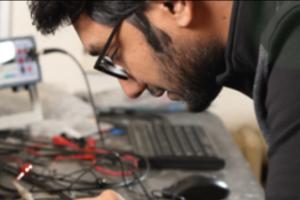
Computing Hardware Research Lab
The Computing Hardware Research Lab (CHRL) is led by Prof. Nikhil Shukla. The lab is dedicated to research in the areas of microelectronic devices and circuits and the development of new computing approaches to enable energy-efficient computation. -
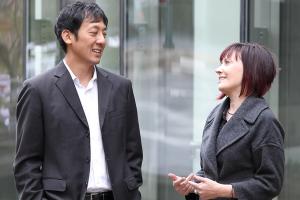
Coulter Center for Translational Research
All too often, innovations in biomedical engineering that could significantly improve the healthcare of people around the world never enter the marketplace. The University of Virginia has joined forces with the Wallace H. Coulter Foundation in a groundbreaking effort to address the root causes of this bottleneck and commercialize promising treatments and techniques.Capabilities- Early stage funding
- Translational research management
-
-
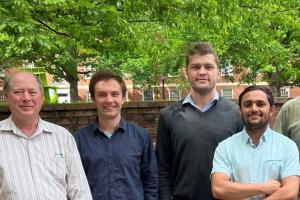
Davis Lab Group
Led by Professor Robert Davis, The Davis Laboratory is a research group at the University of Virginia interested in developing new or improved catalytic materials by studying how the structure of a catalyst affects its performance in a chemical reaction -
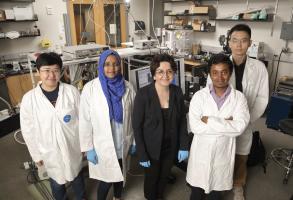
-
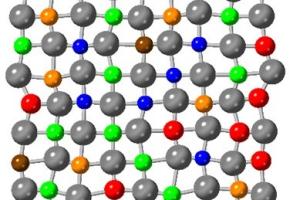
ELM Research Group
Our group, led by Keivan Esfarjani, performs design, modeling and atomistic simulation of materials for energy conversion and storage using first-principles density functional theory (DFT) calculations and quantum and statistical mechanics tools. -
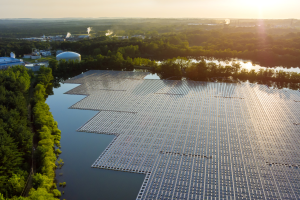
Environmental Resilience Institute
The Environmental Resilience Institute brings together UVA faculty, students, and external partners to conduct trans-disciplinary research at the intersection of environmental change and human wellbeing. The institute’s overarching goal is to identify solutions to some of society’s most challenging and complex social-environmental problems. UVA Engineering Representatives: Andres F. Clarens and Jonathan L. Goodall. -
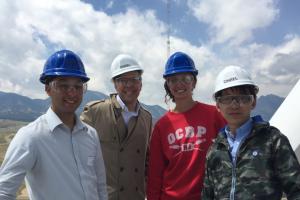
Fluids Research and Innovation Laboratory (FRIL)
Our projects focus on unsteady fluid dynamics, including micro- and nano-texturing coatings for self-cleaning, fluid dynamics and heat transfer of energy-storage systems, inlet aerodynamics of supersonic aircraft and inlet particle separators of helicopters, and bio-inspired morphing wind turbines to reduce off-shore cost of energy -

Ford Group
Our research focuses on the application of chemical engineering principles to problems in microbial ecology. The aim is to develop a fundamental understanding of mechanisms underlying microbial behavior which will provide insights for future technological innovation. -

Giri Group
The Giri Research Group is focused on studying the fundamental processes (thermodynamic, kinetic, mechanical and optical) that lead to different organic molecule and metal organic framework morphologies, and utilizing this knowledge to create innovative methods of controlling microstructure and phase for pharmaceutical and energy applications.